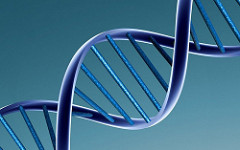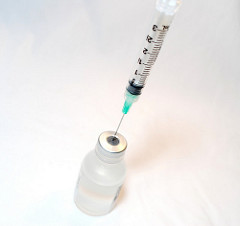Main Content
Lesson 1: Overview of Autism Spectrum Disorders
Causes of Autism Spectrum Disorders
Historical Context
In the 1960s, a psychologist named Bruno Bettelheim did quite a bit of damage by relating the cause of ASD to “refrigerator mothers.” The mothers of children with ASD were characterized as cold and distant (but only the mothers!). The mothers were often stereotyped as being highly educated and more career oriented than other mothers. This theory did a lot of damage by blaming parents; sometimes, you will still hear that poor parenting or a cold mother is the cause of a child having ASD, even though the theory has been soundly disproven.
Genetics
As your text states, research clearly has indicated that genetics strongly influence the risk of developing ASD. Unfortunately, we still do not know the extent of the relationship or the exact gene(s) that may be causing ASD. However, we do know that siblings have a greater risk of developing ASD. This is particularly true if we look at twins; if one twin has autism, there is a 90% chance that the other will as well. This provides a very strong indication of a genetic link, since identical twins are so similar. We also find that, if we look back in time, very often, a child who's diagnosed with ASD will have a family member with some characteristics, even if he or she wasn't formally diagnosed. So, we're seeing a strong genetic link occurring, but at this juncture we can't pinpoint the exact gene(s).

Role of the Environment
Although genetics plays a part in the development of ASD, it is generally acknowledged that genetic makeup alone does not account for all incidences. Many believe that the environment may also play a role. Environmental factors can include such toxins as pesticides or household cleaning agents, though the role of toxins still is widely debated. In fact, there still is controversy about whether the mercury in vaccines (now absent) causes ASD. Despite resounding evidence to the contrary, the theory of this environmental toxin continues to this day. Because environmental factors can refer to anything other than changes in a gene’s DNA, environmental risk factors for ASD may also include things like parental age at conception, maternal nutrition, infection during pregnancy, and prematurity.

